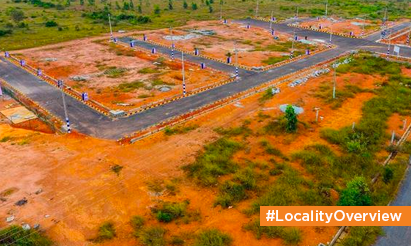Uncovering Your Roots: Step-by-Step Process to Find Ancestral Property Details
To find your ancestral property details in India, you can follow these steps:
- Gather information: Collect as much information as possible about your ancestral property, including the name of the village, district, and state where the property is located. It’s also helpful to gather any documents or records related to the property that you or your family may have.
- Visit the local land records office: Go to the local land records office in the area where the property is situated. In rural areas, this office is typically known as the Tahsildar’s office, while in urban areas, it may be the Sub-Registrar’s office or the Registrar of Assurances office.
- Inquire about land records: Speak to the officials at the land records office and inquire about the availability of ancestral property records. They will guide you on the specific procedure and forms required to access the records.
- Submit necessary forms: Fill out the required forms, which may include Form 8-A (for computer records of the village), Form VII-XII (for inspection of village forms), and Form VI (for tracing the history of the land).
- Provide ancestral details: Provide the names of your ancestors, such as your father, grandfather, great-grandfather, etc., to help the officials locate the relevant records.
- Conduct a search: Once you have submitted the necessary forms and provided the ancestral details, the officials will assist you in conducting a search for the ancestral property records. They may use the survey number, village forms, or other relevant documents to retrieve the information.
- Review the records: Examine the records obtained from the land records office. These records can provide details about the ownership, boundaries, and history of the ancestral property. You may also be able to find information about any past transactions or legal disputes related to the property.
- Consult legal experts: If you encounter any complexities or legal issues during the process, it is advisable to seek guidance from a property lawyer or legal expert who can assist you in understanding the records, verifying the property’s status, and taking further steps if necessary.
Remember that the process of finding ancestral property details can vary based on the location and the availability of records. It is essential to consult local authorities and legal professionals who are familiar with the land records system in the specific area where your ancestral property is located.
Disclaimer: The views expressed above are for informational purposes only based on industry reports and related news stories. PropertyPistol does not guarantee the accuracy, completeness, or reliability of the information and shall not be held responsible for any action taken based on the published information.




